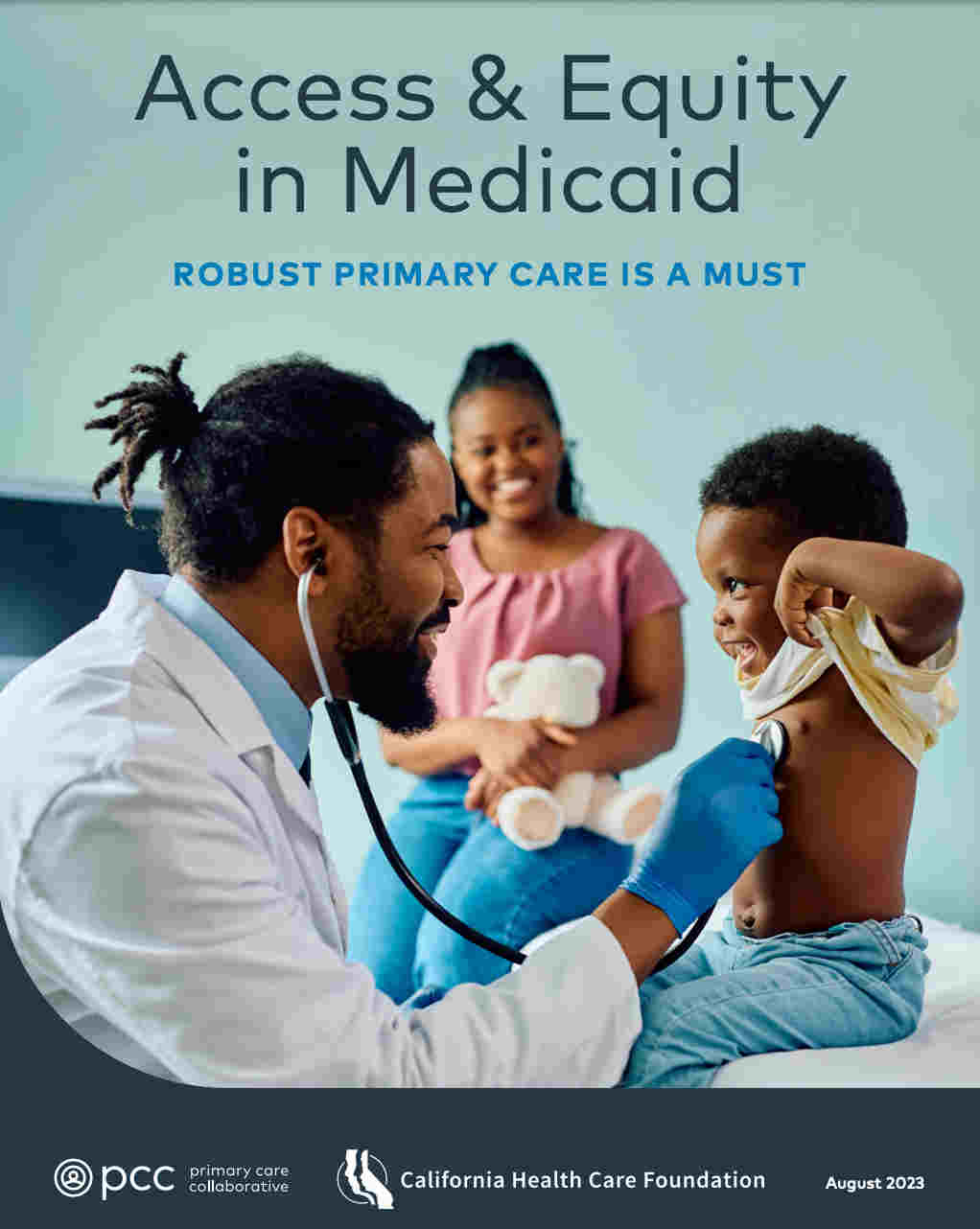
@ShahidNShah


New analysis has eight strategies because now is the time “to get serious about the policy changes we need to really rebuild and reimagine primary care.”
Read on medicaleconomics.com
The Primary Care Collaborative (PCC) was founded in 2006 with a mission to promote better care, better health, lower costs, greater joy for clinicians and staff, and greater health equity, which is known as the "Quintuple Aim." In late August, PCC released a report titled "Access & Equity in Medicaid: Robust Primary Care is a Must," which outlines eight strategies to improve primary care and physician compensation in order to achieve better patient outcomes. The report emphasizes the undervalued role of primary care in the U.S. healthcare system, especially in serving Medicaid beneficiaries who are often underserved.
The eight strategies identified in the report are as follows:
The interview with PCC President and CEO Ann Greiner highlights the importance of primary care in addressing health equity and the critical role of Medicaid, given its size and the population it serves, which includes lower-income individuals and people of color. The strategies proposed in the report aim to improve primary care delivery and reimbursement to better serve patients and reduce healthcare disparities.
Ann Greiner also emphasizes the need for policymakers to collaborate with primary care physicians to bring about the necessary policy changes to strengthen and reimagine primary care, acknowledging the challenges that primary care physicians face in their roles and expressing gratitude for their essential work in the healthcare system.
Continue reading at medicaleconomics.com
Are you looking for a leaner and more sculpted physique? Well, there are now innovative non-surgical fat reduction treatments that offer safe and effective alternatives to traditional surgical …
Posted Oct 4, 2023 Wellness & Prevention
Connecting innovation decision makers to authoritative information, institutions, people and insights.
Medigy accurately delivers healthcare and technology information, news and insight from around the world.
Medigy surfaces the world's best crowdsourced health tech offerings with social interactions and peer reviews.
© 2025 Netspective Foundation, Inc. All Rights Reserved.
Built on Mar 28, 2025 at 1:45pm